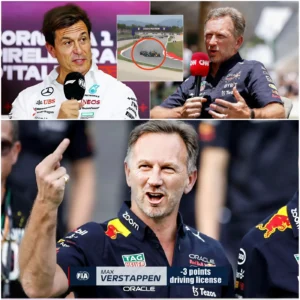
Elon Musk has recently called for a boycott of ABC, urging his followers to “take them down!” This bold statement from the tech billionaire reflects growing frustration over the network’s coverage of his ventures and public statements. Musk, known for his outspoken nature and influence on social media, has expressed discontent with what he perceives as biased reporting and misrepresentation by the network. His call to action highlights a broader trend where high-profile individuals use their platforms to challenge media outlets they believe are unfairly targeting them.
Musk’s directive has sparked considerable debate, drawing attention to the impact of media coverage on public perception and the power dynamics between influential figures and media organizations. Critics argue that such calls for boycotts can undermine journalistic integrity and freedom of the press, while supporters see it as a necessary countermeasure against perceived media bias. As this controversy unfolds, it underscores the growing tension between prominent personalities and the media, raising questions about the role of media in shaping public discourse and the consequences of confrontational approaches in the digital age.








